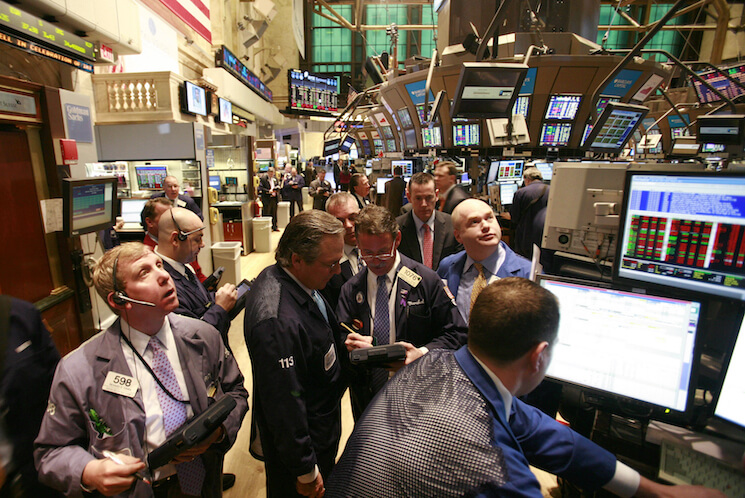Have mutual funds boosted CEO pay in the United States?

Understanding the rise in CEO pay is important for understanding the rise of top-end inequality in the United States. There are a number of possible explanations for why U.S. corporate executives make so much more relative to the rest of the workforce than they did back in the late 1970s. Firms are larger today, increasing the importance of good management at the top. Declining tax rates for those at the very top also induces executives to bargain for higher salaries. Or, as a new paper argues, perhaps increased common ownership of public firms by way of the mutual fund industry leads to higher executive pay.
The new paper is by economists Miguel Anton of the Universidad de Navarra, Florian Ederer of Yale University, Mireia Gine of the University of Pennsylvania, and Martin Schmalz at the University of Michigan. They build on an argument that increased common ownership of public firms is creating problems for competition in the U.S. economy—Increasingly because the ownership of public firms is becoming more and more concentrated in the hands of mutual funds. These funds buy stakes in a number of firms in order to diversify their risk. This common ownership means that a fund often owns shares in competing firms in the same industry. These passive owners have an incentive for these firms not to compete against each other. The lack of competition drives up total profits across the same industry, which in turn increases the returns to these diversified mutual fund investors.
Previous work shows how increased common ownership in the airline industry led to higher prices. The new paper argues that increased common ownership results in higher CEO pay that is less tied to competition. The four economists find that funds with large common ownership stakes want to see less competition in the markets they have invested in, so industries with higher common ownership are more likely to see managers have contracts with fewer incentives to compete and more unconditional pay (that is, pay not based on performance).
Looking at the data, the co-authors show a relationship between common ownership of an industry and the kind of compensation contracts that chief executives receive. In more commonly-owned industries, executive compensation is less tied to the performance of the specific firm and more with the performance of rivals, meaning its more closely tied to the overall performance of the industry. More common ownership is also correlated with higher unconditional pay for executives, again showing less of a connection between executive pay and performance. The authors additionally use variation in ownership from a mutual fund scandal to argue that these correlations reflect a causal relationship between compensation and common ownership.
This paper draws another connection between declining competition in the U.S. economy and rising income inequality. Similar to other research connecting increased economic rents and higher inter-firm inequality—increasing market power for firms resulting in “superfirms” that pay relatively well—the findings in this new paper also a link between competition and income inequality. These trends might also negatively affect economic growth, a clear and troubling possibility.
